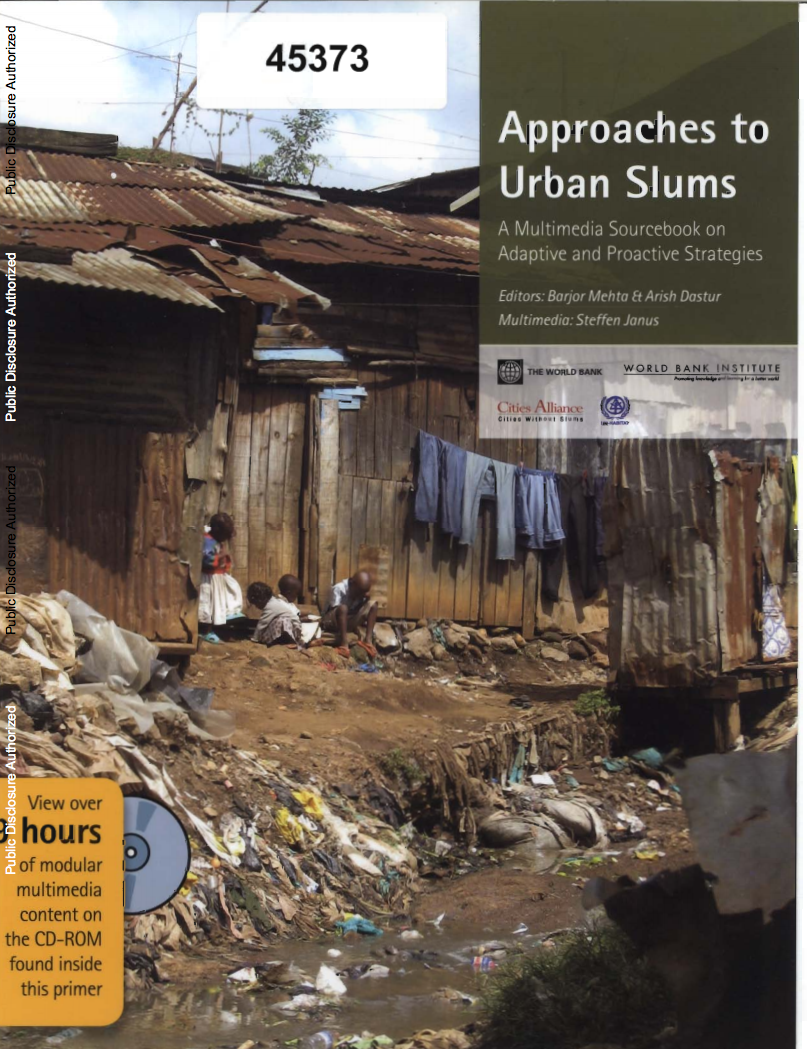Côte d'Ivoire : Investment Climate Survey Report
This Investment Climate Survey Report
(ICSR) for Cote d'Ivoire evaluates the country's
business environment by (i) analyzing barriers to private
sector investment and growth and how they vary among
different types of firms, (ii) benchmarking the Ivorian
investment climate and firm performance to that of other
countries and (iii) providing recommendations to promote and
strengthen the private sector. The ICSR is supported by the


